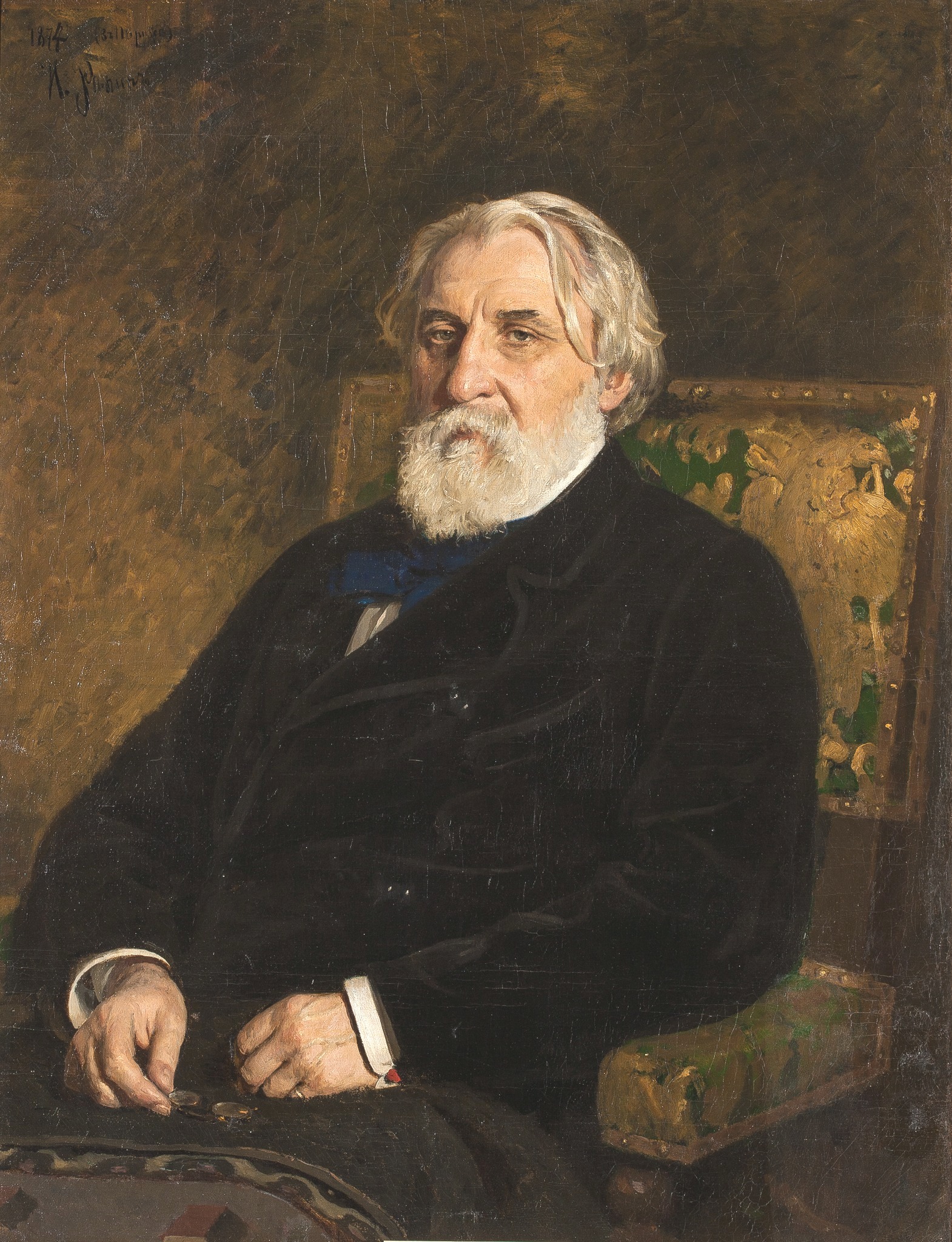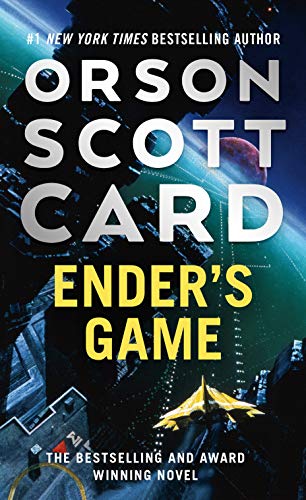I was so so about Ender's Game, really liked Speaker for the Dead, and the third book of this series, Xenocide, has left me with mixed feelings.
Orson Scott Card is a sophisticated science fiction writer and has built a detailed and reasonably logical universe with 3 intelligent species as well as various technologies. Given that these novels were written during the early days of the internet, some of the connectivity-related elements are fairly prescient.
There is an issue that has bothered me from the start, but it is not easy to pin down. On the surface level, the problem is the main character, Andrew Wiggin, who never seems human or possesses distinctive human qualities. Rather, he is the embodiment of the omnipotent fantasy, also known as a "superman" figure. Supporting characters are given human flaws and traits amidst family secrets, which worked better in Speaker for the Dead but becomes an intractable squabbling mess in Xenocide. It seems to suggest that the author is not incapable of delving into humanity but is clearly not all that interested in it.
The problem becomes clearer as we are introduced to a genetically enhanced subspecies of humanity on the planet Path, who are presumably Chinese. From the start, Orson Scott Card has always been more interested in superhumans than humans. In his world, a small group of individuals with superhuman intelligence determine the fates of a planet, many planets, the universe, and other species of organisms. The story is always centered around their superpowers, but we never see the consequences and implications of these superpowers to the masses on the ground level. Actually, the only consequences we see are consistently favorable to Ender. There is no animosity between the Hive Queen and her species' "ender"; in fact the text suggests that she loves him. It does not make sense but hey she's alien so I guess it's all OK then.
The masses of humans and pequeninos are presented as stupid and mindless mobs who cannot be told the true causes of their extinction or survival. No, they are all too stupid to understand and must be kept in total ignorance for their own good. The masses are also presented as the evil bureaucracy of Starway Congress. Even though there is one character in Xenocide who appears to have risen from the proletariats to be of equal intelligence as "the chosen ones," she is later revealed to be also genetically destined to be superhuman.
It appears that Orson Scott Card is very much aware of his elitism and reluctant to put it on full display. Nevertheless, the theme is that we have to trust in the benevolence of a small group of superhumans, who are superior to and the rightful rulers of the faceless masses. As such, the scale of these stories are both grand and puny, with handful of persons across the universe controlling the life and death of supposedly millions of people and nonhuman organisms, although they exist as more or less an abstract notion. In a way the sequels remain true to the video-game nature of the original Ender's Game. They are supposed to be about real lives and real stakes of the universe but remain on paper or in cyberspace, floating above the earth of each of the planets.
One could argue that the vast majority of people in the world believe themselves to be superior to others, or at least more special than others. Perhaps not as many indulge in his own world-savior fantasies, but the prevalence is particularly high in the sci-fi/fantasy circles. In that sense Orson Scott Card is not that special. And some readers no doubt identify with the god-like patriarch that is Ender.
So the flip side of the superman power-trip fantasy is its patriarchal subtext. The most disturbing portrayal of an intelligent life form is a character known as Jane. She (yes, the character, who is a "ghost in the shell", is deliberately given a face of young Caucasian female) is the worst kind of male fantasy of an ideal female. The author has enough self-awareness to refrain from creating an all-submissive, boot-licking human female character with absolute devotion to one man, but he lets himself go all-out on the "artificial" female character, because he can always disclaim her humanity. Clever and, in a way, honest. The character itself (I would not call it "her," which is neither credibly human nor logically computational) though is pretty nauseating.



